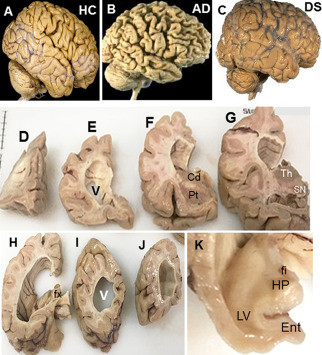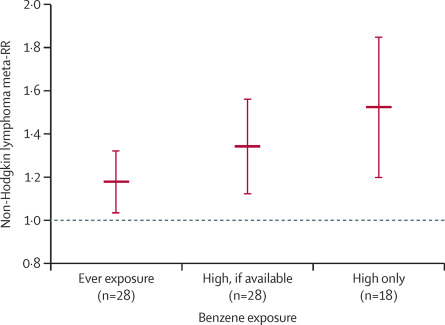A Lancet Commission for COVID-19 task force is shaping recommendations to achieve vaccine and therapeutics access, justice, and equity. This includes ensuring safety and effectiveness harmonized through robust systems of global pharmacovigilance and surveillance. Global production requires expanding support for development, manufacture, testing, and distribution of vaccines and therapeutics to low- and middle-income countries (LMICs).
The neurological contributions to the consensus diagnosis for the presence of dementia in DS rest on characterization of the nature, magnitude, and the course of cognitive decline. The goal of SDG target 3.8 is to achieve universal health coverage, including financial risk protection, access to quality essential health-care services and access to safe, effective, quality and affordable essential medicines and vaccines for all
Management of menstruation, pregnancy prevention, and mitigation of gynecologic-related pathology in the space environment with or without the use of hormonal modalities requires thorough counseling and complex decision-making.
Race-based assumptions in biomedical journal articles.
This paper touches upon virus removal technology for groundwater remediation.
Describes features of the Down Symdrone brain suggesting that structurally and biochemically there are important differences pre- and postnatally relative to neurotypically developing brains. The goal of SD target 3.7 is to ensure, ensure universal access to sexual and reproductive health-care services, including for family planning, information and education, and the integration of reproductive health into national strategies and programmes
To prevent the most catastrophic health effects of climate change, urgent reductions in greenhouse gas (GHG) emissions are needed from all sectors to meet the goals of the Paris Agreement, along with those of the Race to Zero: to halve emissions by 2030 and achieve net zero emissions by 2050. The health care sector is not exempt from this charge.
This chapter supports SDGS 3, 5 and 16 by explaining the role of psychological science and research in the training and development of law enforcement, in order to improve responses to cases of intimate partner violence (IPV).
Addressing the severe impacts of wildfires on climate change
Background: Non-Hodgkin lymphoma comprises a heterogeneous group of cancers with unresolved aetiology, although risk factors include environmental exposures to toxic chemicals. Although the ubiquitous pollutant benzene is an established leukemogen, its potential to cause non-Hodgkin lymphoma has been widely debated. We aimed to examine the potential link between benzene exposure and risk of non-Hodgkin lymphoma in humans by evaluating a wide array of cohort and case-control studies using electronic systematic review.


